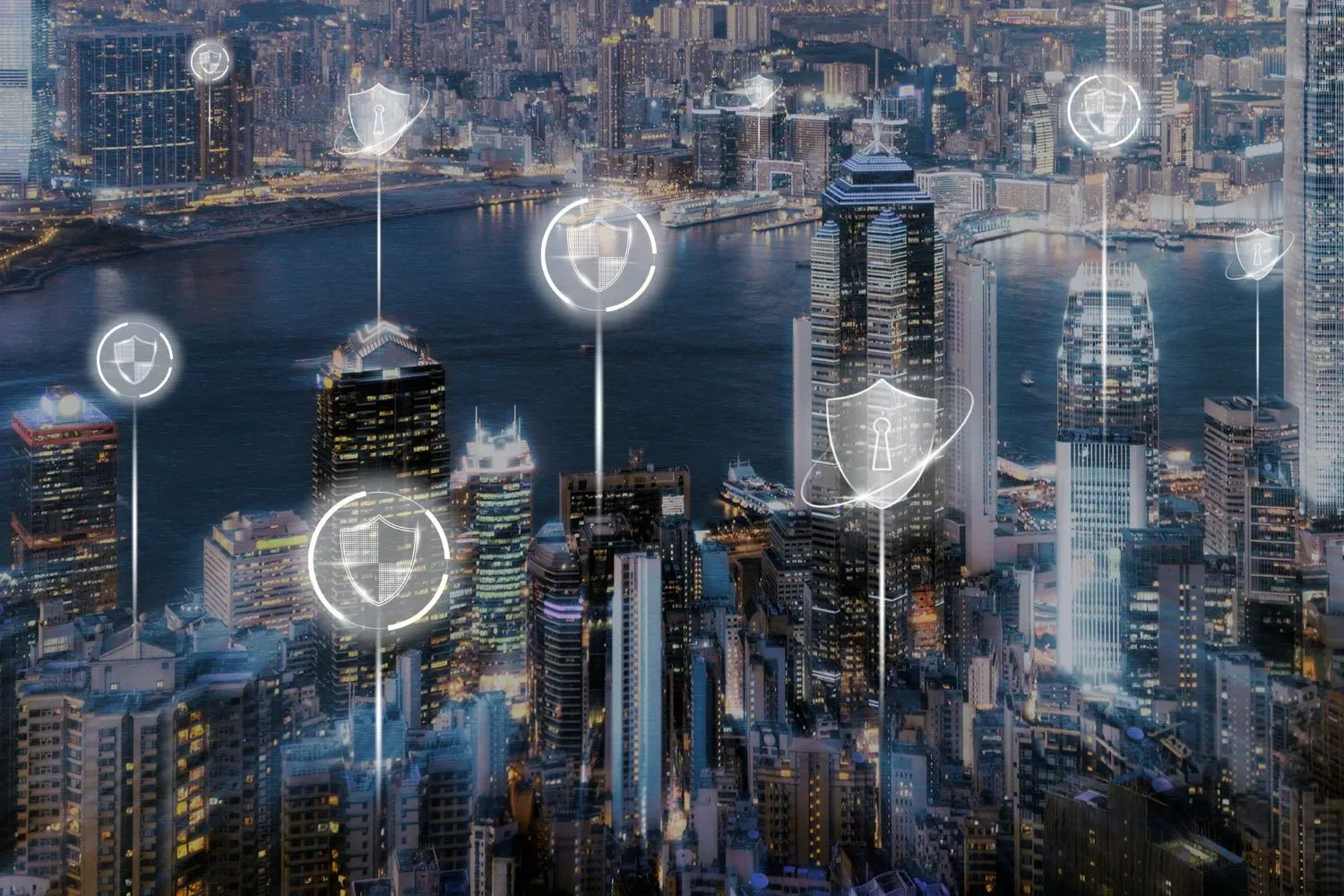The real estate sector is undergoing a dramatic transition in the quickly changing digital landscape of today thanks to cutting-edge PropTech technologies. These developments bring new cybersecurity threats and vulnerabilities even as they provide unmatched ease and efficiency. As real estate transactions grow more digitally-based, it is imperative to prioritize cybersecurity. Here's how to make sure your real estate company is protected with strong cybersecurity in place.
Understanding the Importance of Cybersecurity in Real Estate
During real estate transactions, sensitive data such as bank records, personal information, and property details are exchanged in large quantities. Cybercriminals view this as a profitable target, and breaches can have serious repercussions, including monetary losses, harm to one's reputation, and legal ramifications. Making cybersecurity a top priority protects business data, guarantees adherence to legal obligations, and fosters client trust.

Key Cybersecurity Threats in Real Estate
Strategies to Enhance Cybersecurity in Real Estate
- Implement Strong Access Controls
- Multi-Factor Authentication (MFA): Require multiple forms of verification before granting access to systems and data.
- Role-Based Access Control (RBAC): Limit access to information based on an employee's role and responsibilities.
- Conduct Regular Security Training
- Employee Awareness: Train employees to recognize phishing attempts, suspicious activities, and the importance of following security protocols.
- Simulated Attacks: Periodically conduct simulated phishing attacks to test and reinforce training.
- Invest in Advanced Security Solutions
- Firewall and Antivirus Software: Ensure all devices are protected with up-to-date firewall and antivirus software.
- Encryption: Encrypt sensitive data both in transit and at rest to protect it from unauthorized access.
- Regularly Update and Patch Systems
- Software Updates: Keep all software, including PropTech solutions, up-to-date with the latest security patches.
- Vulnerability Management: Regularly scan systems for vulnerabilities and address them promptly.
- Establish Incident Response Protocols
- Response Plan: Develop a comprehensive incident response plan detailing steps to take in the event of a cybersecurity breach.
- Communication Strategy: Define a clear communication strategy to inform stakeholders and clients about breaches and mitigation efforts.
- Conduct Regular Security Audits
- Third-Party Assessments: Hire cybersecurity experts to perform regular audits and identify potential weaknesses.
- Continuous Monitoring: Implement continuous monitoring of networks and systems to detect and respond to threats in real time.
Embracing a Cybersecurity-First Culture
Creating a cybersecurity-first culture within your organization is crucial. This involves:
As the real estate industry continues to embrace digital transformation, prioritizing cybersecurity is essential to protect sensitive data, maintain client trust, and ensure business continuity. By implementing robust security measures, conducting regular training, and fostering a culture of security, you can safeguard your real estate business against the ever-evolving landscape of cyber threats. Stay vigilant, stay secure, and make cybersecurity a cornerstone of your PropTech strategy.

